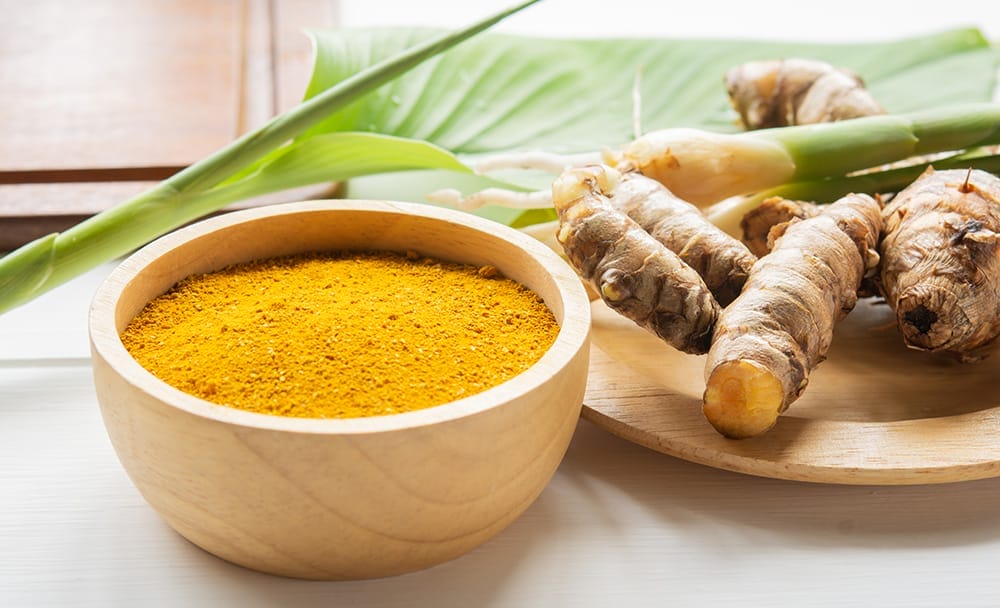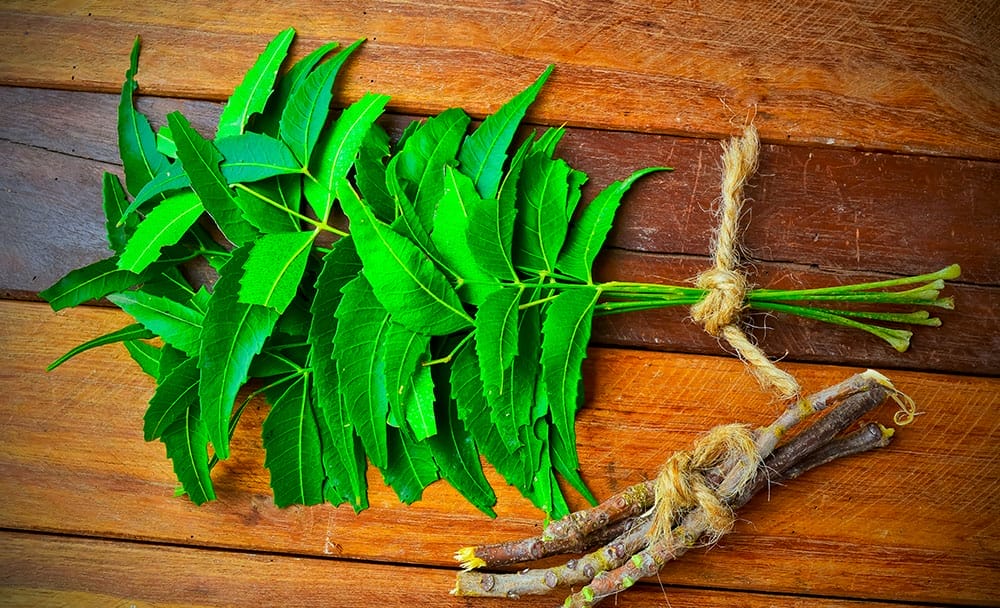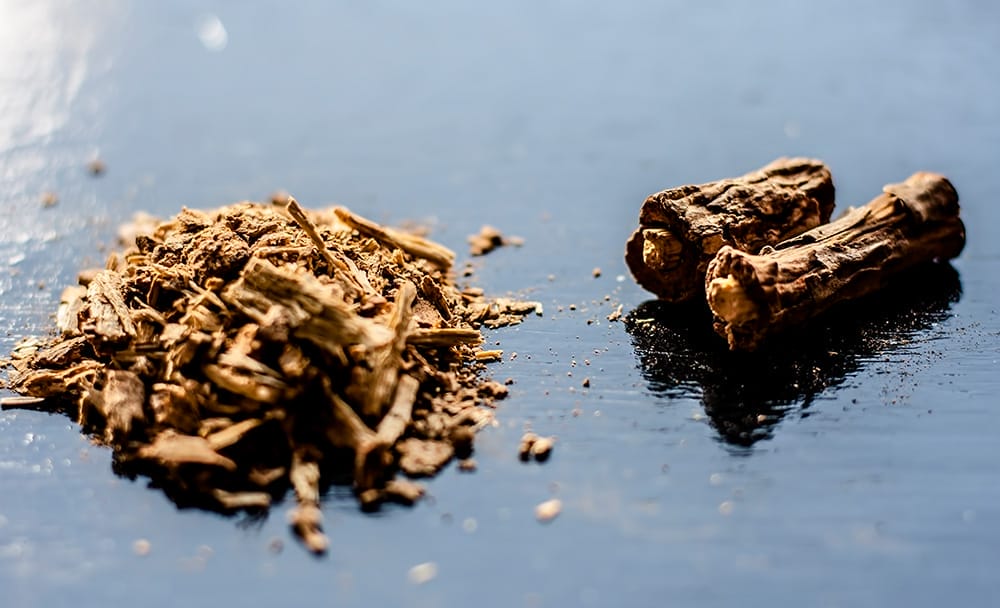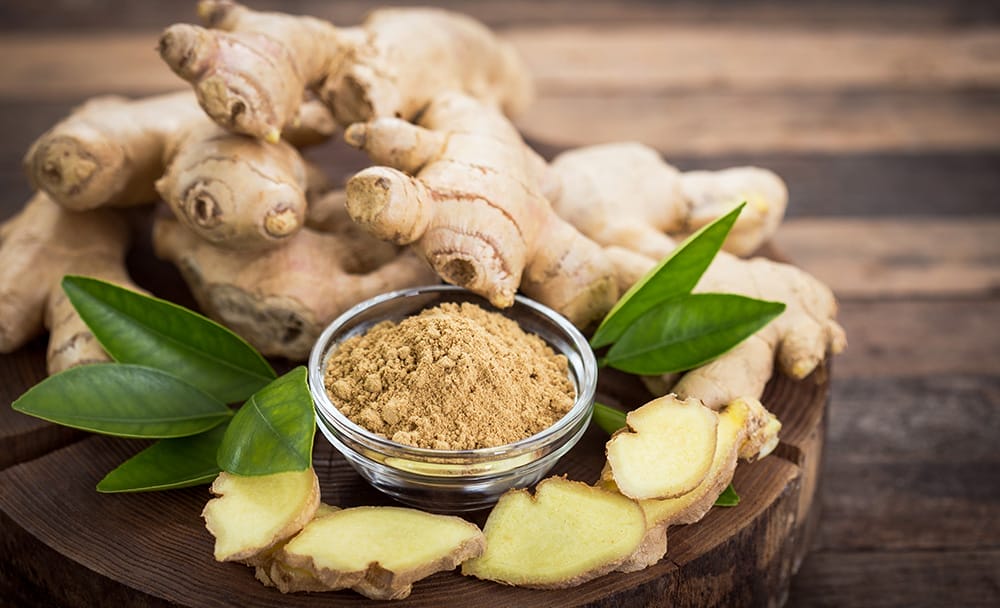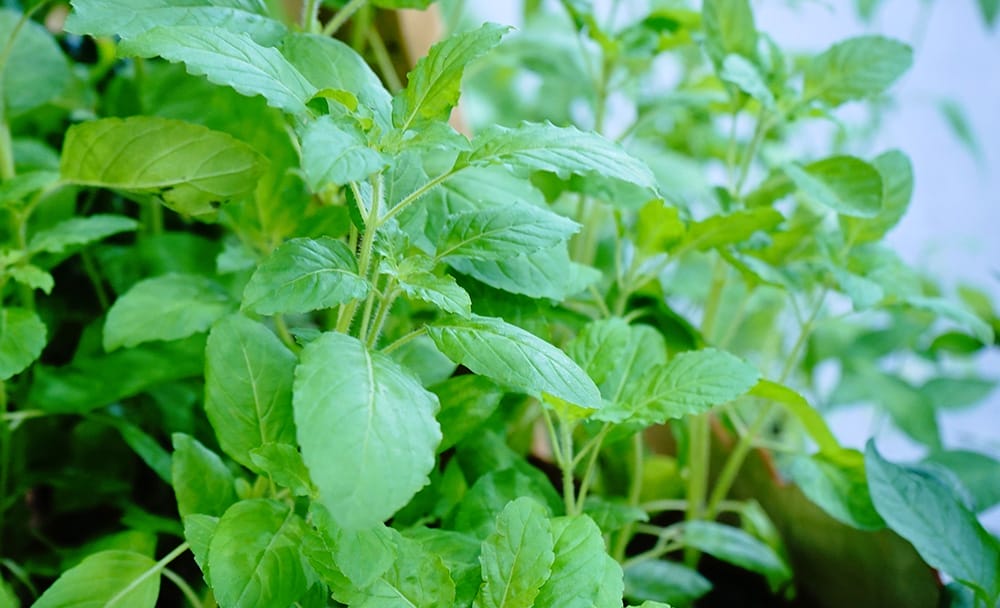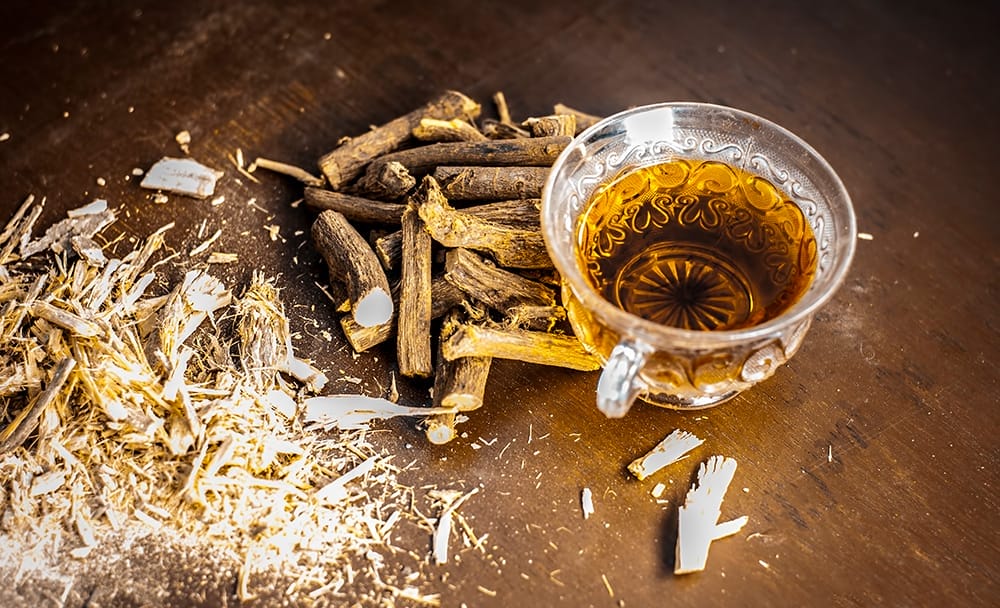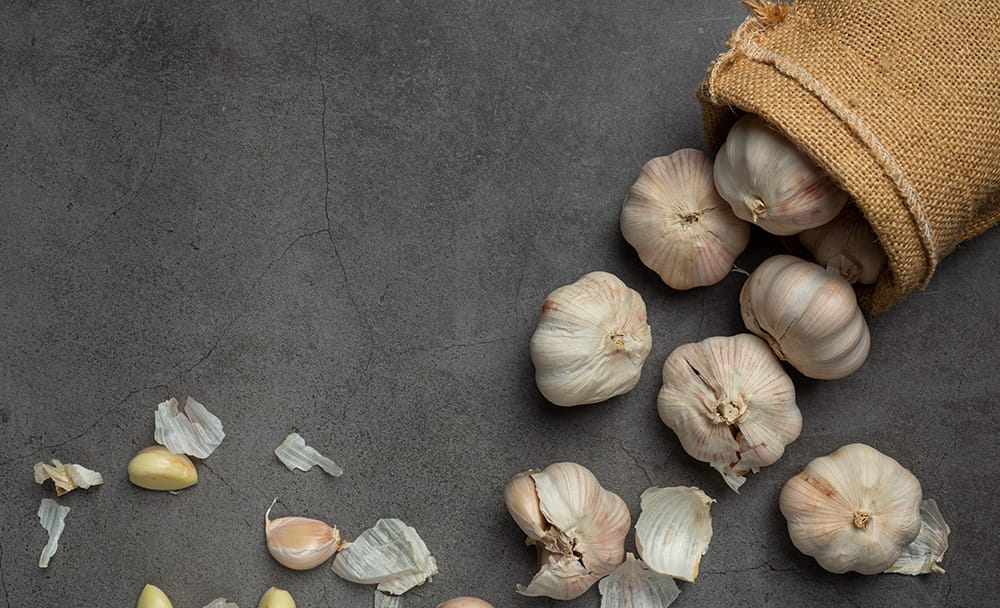Asthma is a chronic respiratory disease that is common among both adults and children. There is no scientifically proven cure for asthma, though it can be controlled and regulated with certain medications and therapies. Ayurvedic researches conducted in the last few decades on plants as mentioned in the ancient literature have shown antiasthmatic, antihistaminic and antiallergic properties. Natural treatment through Ayurveda can complement the healing process and help relieve asthma symptoms.
What is Asthma?
Asthma affects about 300 million people worldwide, and according to estimations further 100 million will be affected by 2025. It is an inflammatory disease that affects the airways present in the lungs and is associated with changes in levels of eosinophils, mast cells, lymphocytes, cytokines and others. According to the University of Maryland Medical Center (UMMC), more than 50% of asthmatics are children.
Asthma Symptoms
Patients with asthma suffer from bronchospasm in which the airways become narrow because of tightened muscles and produce more mucus resulting in various symptoms. Asthma symptoms are not the same for all individuals; they are subjective and depend on how worse the condition is. Some of the most common symptoms include:
- Coughing at night
- Shortness of breath
- Wheezing
- Chest congestion or pain
Asthma Causes
The narrowed airways in the condition of asthma become extremely sensitive and get irritated easily. To avoid, one has to identify what triggers the situation and take precaution accordingly.
- Allergens (dust particles, pollens, food)
- Infections (cold, flu, sinus)
- Air pollution
- Tobacco
- Weather
- Certain medicines
Asthma treatment
There is no direct cure available for asthma, appropriate care will help to keep up with the condition and will not allow the ailment to be a hindrance in a person’s day-to-day activities. According to Ayurveda, medicinal plants used for treating asthma should have anti-inflammatory, immunomodulatory, antihistaminic, smooth-muscle relaxants and non-allergic properties. Ayurveda suggests that asthmatic drugs should have anti-Kapha and anti-Vata properties as well.
Herbs for Asthma
Asthma treatment through Ayurveda is extremely popular among patients nowadays. Alternate healing methods and herbs can support asthma treatment and can be fruitful in the long run. As suggested by Ayurveda, disbalance in the three energies present in the human body, Vata, Pitta and Kapha lead to diseases, so all Ayurvedic herbs are focused on bringing back the balance.
Haldi (Turmeric)
The compound curcumin found in Haldi helps to increase the levels of antibody and reduce hypersensitivity. Haldi consumed with honey is beneficial in providing relief to bronchi congestion. A mixture of turmeric with Ghee and black pepper when applied to the chest relieves irritation caused by bronchi.
Neem (Azadirachta Indica)
According to Ayurveda, Neem has properties that treat various kinds of inflammation and allergies. It also helps in relieving cough, breathing difficulty and phlegm.
Anantmool (Tylophora asthmatic)
Anantmool has properties that support lung efficacy or oxygen intake and decrease breath shortness. Chewing Anantmool leaves can help in bringing asthmatic symptoms to ease.
Adrak (Ginger)
In Ayurveda, ginger has great importance in treating asthma. Adrak contains compounds like shogaols, zingerones and gingerols, which have antioxidant properties that are excellent for treating asthma.
Tulsi (Holy Basil)
In the Indian subcontinent, Tulsi is considered a holy herb. It is effective in alleviating most respiratory disorders and helps in reducing inflammation, swelling and narrowing of airways in case of asthma.
Mulethi (Glycyrrhiza glabra)
Mulethi has extraordinary properties that help to clear airways and provide relief in asthmatic attacks. It also boosts lung cells for antigen stimulation.
Lahsun (Garlic)
Lahsun is anti-inflammatory which is of topmost priority for any asthmatic drug, and is packed with antimicrobial properties. It helps to boost immunity and fight against infections, which can cause asthma.
Final Word
The first-ever modern prescription medicine used to treat asthma was ephedrine derived from the Chinese plant Ma Huang. Most of the prescripted drugs are derived from natural herbs in one way or another. Herbs may not be the solution to the ailment but can surely add to the treatment process.






